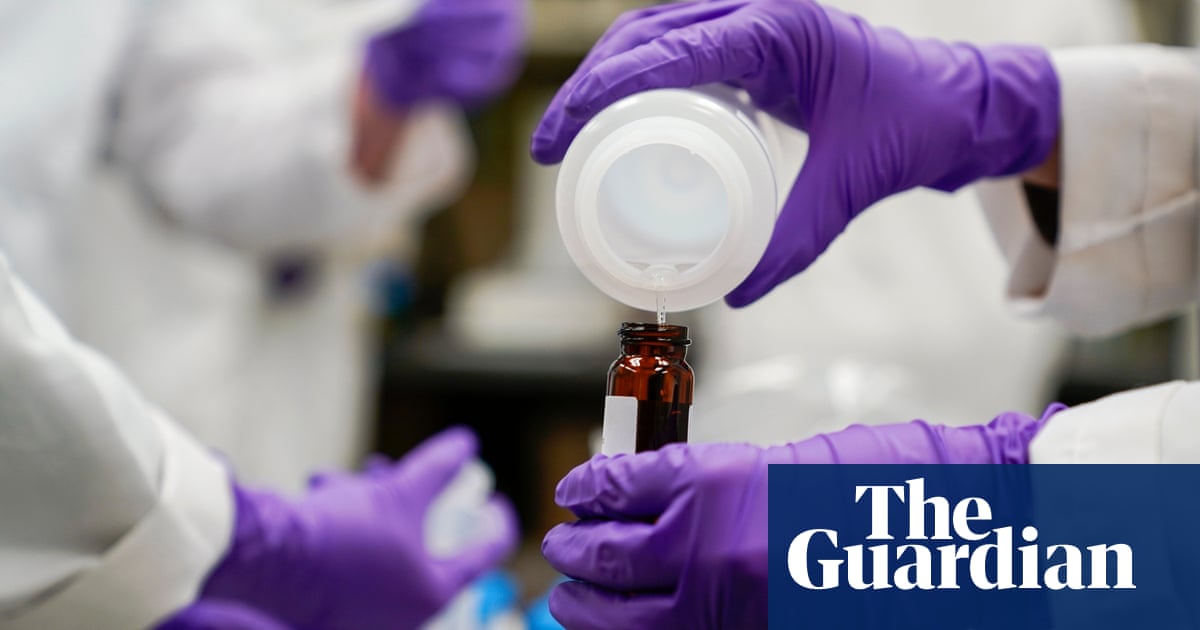‘Horrifying. Gross’: mosquitoes bug Houston after recent storms | Houston


Amid the severe weather that has battered parts of the country in recent weeks, particularly the US south, the city of Houston in Texas can add one more thing to their worries: mosquitos.
Houston’s usually humid climate already makes it attractive to mosquitos, but the additional rainfall and major flooding it is seeing makes it an ideal habitat for the bothersome insects.
Some residents say they’ve never seen it so bad, while experts warn the worsening climate crisis will only bring more.
“The [mosquitoes] inhibit me from being able to enjoy the outdoors as much since I live backed up to a bayou. And I can’t garden,” said Houston resident Jasey Patterson, 29. “Fuck them mosquitoes.”
Houston native Morgan Young, 29, who now lives in Dallas, called the mosquito situation: “Horrifying. Terroristic. Gross.”
The major storm that swept the region last week has killed seven people and caused damage to homes and buildings. The city is also experiencing widespread power outages as a result.
The standing water left over from the floods has created a breeding ground for the mosquitoes, since they thrive in this kind of warm and moist environment.
“Heat, humidity and rain – Houston has basically perfect conditions for mosquitoes,” said Erin Mordecai, an associate biology professor at Stanford University.
“It’s warm, so they develop quickly and bite frequently. It’s humid, so they don’t dry out and can be more active in biting people and live longer. And it’s rainy, so there is always standing water for them to lay their eggs in.”
The Centers for Disease Control say mosquitos can live indoors or outdoors and have an average lifespan of about two to four weeks.
Usually a mosquito bite just causes redness, irritation and itching at the site of the bite. But at worst, these pests can spread diseases and viruses such as malaria, dengue, Zika and West Nile.
Government agencies such as the CDC “play a critical role in protecting public health from mosquito-borne diseases”, the CDC’s website says. “They serve on the front line, providing information through their outreach programs to the medical and environmental surveillance networks that first identify possible outbreaks.”
While it may be tempting to try to completely squash this bug problem, Mordecai said there are important environmental benefits to mosquitoes.
“Many bats and birds eat adult mosquitoes, and larval mosquitoes can be food for dragonflies and other insect larvae, tadpoles and fish. Male mosquitoes – which don’t bite – feed on nectar from flowers and can be pollinators,” Mordecai said.
For us mere mortals, Mordecai said to take precautions to prevent mosquito bites, such as “applying Deet, wearing long sleeves and pants, staying indoors – especially at dawn and dusk”.
Mordecai also suggests making sure to maintain pools and ponds, to use screens on windows and doors and to frequently eliminate any standing water in old pots, buckets, bird baths or trash.
Source link




